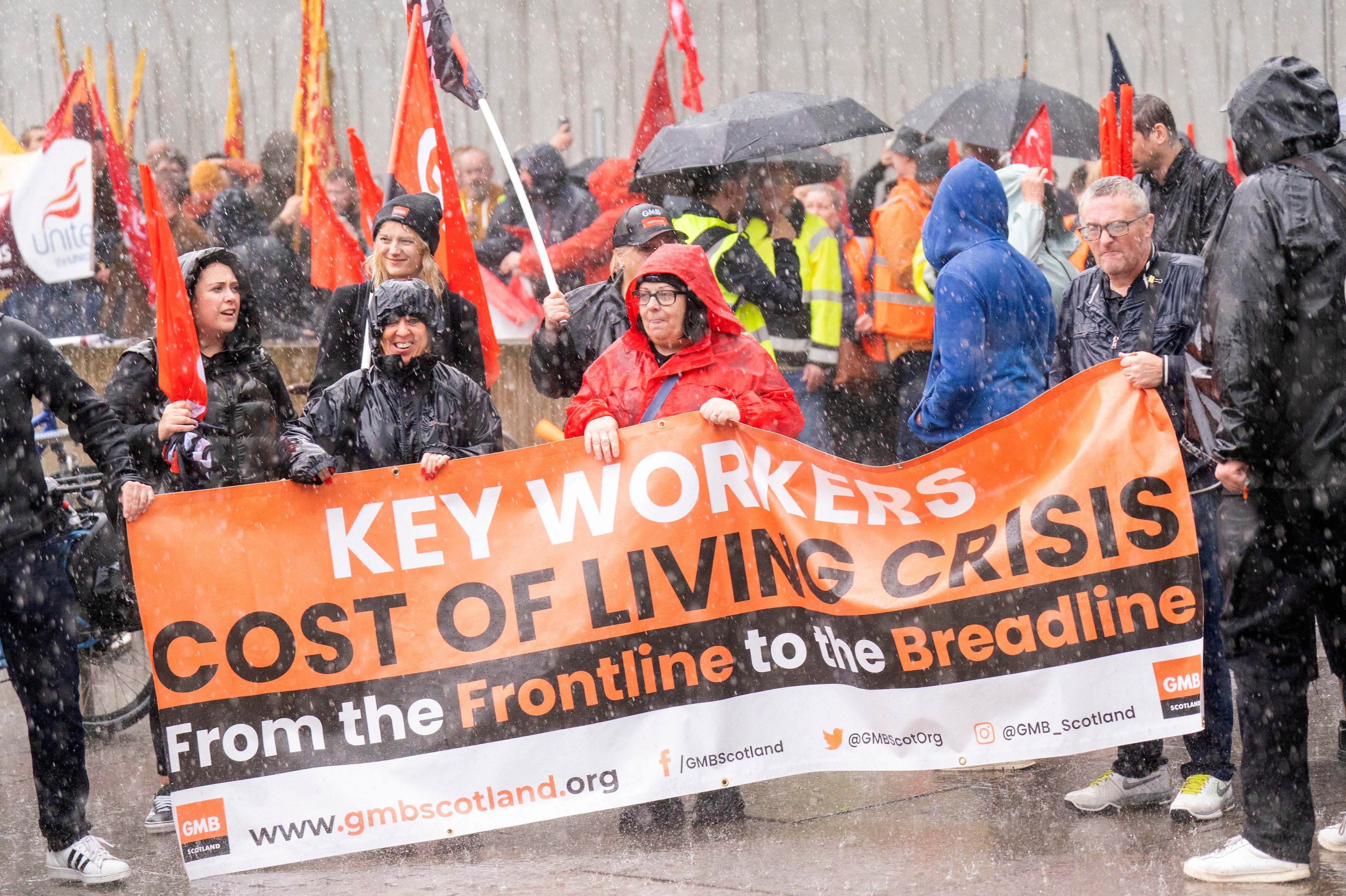Employers must rise to the challenge of the new living wage campaign pay rates
The campaign is doing far more than the government to help workers on low incomes, says James Moore

The living wage campaign is facing what is arguably the greatest challenge of its 11-year history.
Accredited employers agree to pay their workers enough to be able to meet their everyday needs. Its rates are set by the Living Wage Foundation (LWF) by reference to that and nothing else, in contrast to what the government calls the national living wage. It takes into account the Low Pay Commission’s view of what the market will bear. Politics plays a role too.
As has become all too clear, the cost of meeting everyday needs has risen sharply. Some people have been left facing an impossible dilemma: heat or eat. As a result, the Foundation has today announced that its rates will rise to £10.90 an hour outside of London and £11.95 within the M25. The former represents a 10.1 per cent increase, while the latter is a little less in percentage terms, it is still significant.
Subscribe to Independent Premium to bookmark this article
Want to bookmark your favourite articles and stories to read or reference later? Start your Independent Premium subscription today.
Join our commenting forum
Join thought-provoking conversations, follow other Independent readers and see their replies